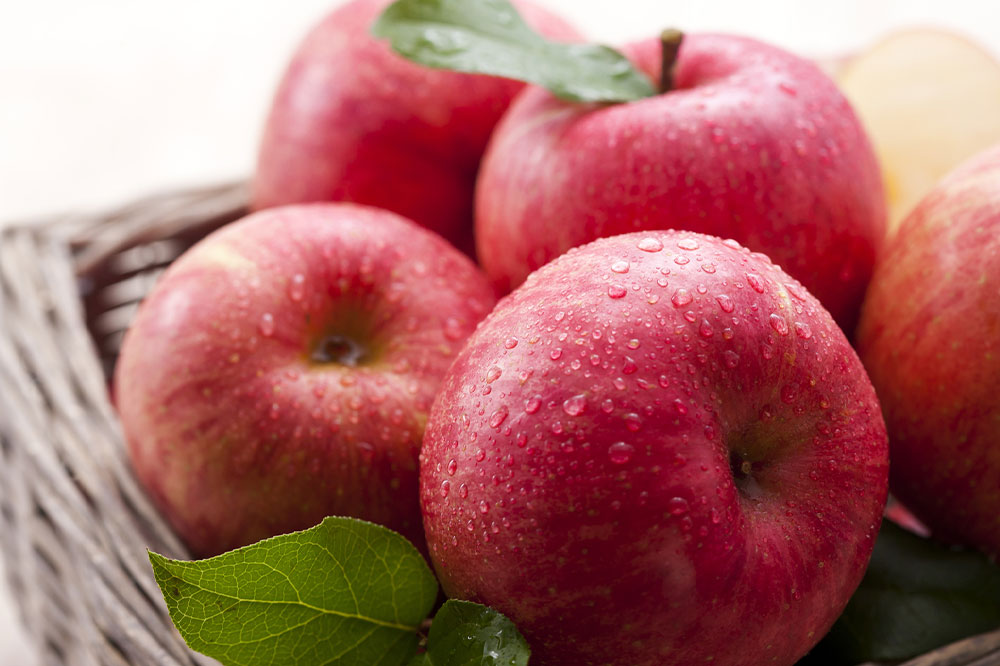Top 5 Nutritional Choices to Support Lung Health in Idiopathic Pulmonary Fibrosis
Discover five nutrient-rich foods that can aid in managing idiopathic pulmonary fibrosis. From apples and beets to oysters, these dietary choices may support lung function and improve overall respiratory health. Integrating these foods into your diet alongside medical treatments can provide additional benefits in coping with this challenging condition.
Sponsored

Idiopathic pulmonary fibrosis (IPF) is a serious condition characterized by scar tissue formation in the lungs, leading to difficulty in breathing and reduced oxygen exchange. Although there is no cure, certain dietary interventions can help slow disease progression and improve quality of life. Incorporating these five foods into your diet may provide additional support alongside medical treatments.
Apples
Regular apple consumption offers various health benefits, notably for lung health. Apples contain quercetin, an antioxidant that supports pulmonary function. Eating five or more apples weekly has been linked to a decreased risk of lung diseases such as COPD and IPF.
Beets and Beet Greens
Including beets and their greens in your diet can enhance lung performance. They are rich in nitrates, which relax blood vessels, improve oxygen flow, and help regulate blood pressure. Beet greens also supply magnesium, potassium, vitamin C, and carotenoid antioxidants, all beneficial for lung health.
Pumpkin
Pumpkins are packed with carotenoids such as lutein, zeaxanthin, and beta carotene, which have potent antioxidant and anti-inflammatory effects. Higher blood levels of these compounds are associated with better lung function across age groups.
Tomatoes
Consuming tomatoes regularly has been linked to enhanced lung capacity. They contain lycopene, a powerful carotenoid antioxidant that reduces airway inflammation and supports respiratory health, especially in individuals with asthma or COPD.
Oysters
Oysters are a rich source of nutrients like selenium, zinc, B vitamins, and copper. Elevated selenium and copper levels are correlated with improved lung health, while the zinc may help prevent COPD development.






